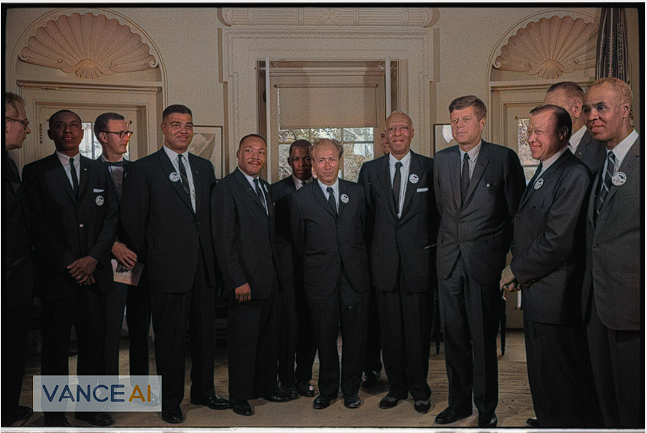For over two centuries, the United States of America has celebrated Independence Day on the 4th of July. It commemorates the declaration of our freedom from British colonial rule, an event that marks the birth of the nation and its promise of life, liberty, and the pursuit of happiness. But if we are to fully engage with the complexity of our nation’s history, we must also recognize another important day of independence: Juneteenth.
Juneteenth, celebrated on June 19th, memorializes the day in 1865 when the last enslaved African Americans in Galveston, Texas, were finally told they were free, two and a half years after the Emancipation Proclamation. This moment of delayed freedom stands as a testament to the need for an ongoing struggle for justice in America and the path towards becoming a more perfect union.
Often referred to as America’s second Independence Day, Juneteenth serves as a symbol of both celebration and reflection. It brings to the forefront the long journey we have taken as a nation, highlighting our attempts to reform ourselves, albeit slowly, into a society that lives up to the ideals of liberty and justice for all.
Every American, regardless of their ethnic background or orientation, can draw inspiration from the resilience and perseverance of those who fought for their freedom on that day in 1865. It’s a poignant reminder that achieving freedom and equality is a continuous process that demands tenacity, courage, and collective effort.
This commemoration of delayed liberation serves to remind us that, while we have made significant strides, our march towards justice is far from over. Even today, we continue to grapple with prejudice and inequality, racism and discrimination, systemic injustices that still need to be rectified.
The United States is a melting pot of a myriad of different ethnic groups, cultures, and orientations, each with unique histories and perspectives that contribute to the rich tapestry of our society. It is our collective responsibility to foster an environment of inclusivity and acceptance, ensuring every citizen’s right to life, liberty, and the pursuit of happiness.
Our continuous evolution as a society has often been marked by overcoming one prejudice at a time, a testament to the inherent challenges of multicultural coexistence. However, it’s essential to remember that the ideal goal is not merely tolerance, but genuine understanding and acceptance.
John F. Kennedy once said, “Tolerance implies no lack of commitment to one’s own beliefs. Rather it condemns the oppression or persecution of others.” This quote captures the essence of what it means to be a truly just society. It’s not about negating our beliefs or values, but about creating a space where differences are respected and every individual’s rights and dignity are upheld.
As we observe Juneteenth, let’s remind ourselves of the resilience and courage of those who fought for freedom, the enduring legacy of their struggle, and the ongoing journey towards a more just society. It is a day to reflect on how far we have come and how far we still have to go.
In this continuous journey, let Juneteenth be a beacon that guides us, ignites our spirit of reform, and reminds us of our commitment to justice and equality. It is our call to action, a prompt to keep moving forward, and a reminder that, just like in 1865, progress may be slow, but it is always worth the fight.
Juneteenth is not just a day for the descendants of those liberated on June 19, 1865. It is a day for all Americans. As we strive for a more just society, we must remember that our nation’s true strength lies in its diversity, in understanding and celebrating our differences rather than fearing them.

Comments are closed